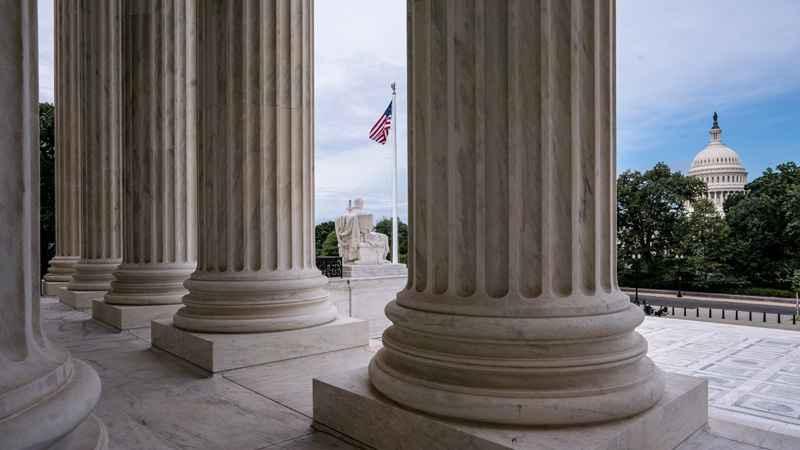School choice lawsuit surge pushes possible high court fight

[Photo: MGN Online]
Vermont is facing at least its second lawsuit in four months over a voucher program that allows students in communities that don’t have schools or are not part of supervisory unions to attend schools of their choice, including approved private institutions.
The Vermont system in which certain towns pay tuition for students to attend other schools is unconstitutional because it’s not available to all students in the state, according to the Liberty Justice Center, a Chicago-based national nonprofit law firm that fights for school choice. If the lawsuit succeeds, officials at the nonprofit say they will file legal challenges in other states with similar school choice programs. But critics say the lawsuit is a veiled attempt to get a case to the U.S. Supreme Court, where conservative judges hold six of nine seats, to get more public funding into private education, including religious schools.
The Vermont suit comes six months after a divided U.S. Supreme Court ruled in a Montana case that states can’t cut religious schools out of programs that send public money to private education. Following that decision, three Vermont families filed a lawsuit in September in federal court, saying that denying them the state tuition benefit to send their children to religious schools is unconstitutional.
A similar lawsuit challenging Maine’s exclusion of religious schools from a high school tuition voucher program was denied by the 1st U.S. Circuit Court of Appeals and the parents challenging the law and their attorneys have vowed to appeal the decision to the U.S. Supreme Court. Another lawsuit was filed in New Hampshire.
Maine and New Hampshire have similar programs for students who live in communities without schools to attend public or non-religious private schools of their choice.
In light of the U.S. Supreme Court decision in the Montana case, the federal appeals court granted an injunction on Friday to stop Vermont from excluding a high school student who attends a religious school from taking college classes under the state’s dual enrollment program.
In the latest suit in Vermont, lawyers for the four families suing the state and their school districts argue that Vermont’s town tuition system violates the Vermont constitution that “obligates the state to provide every school-age child in Vermont an equal educational opportunity” and prohibits the state from adopting policies that deprive children of that.
"The town tuitioning program is an exceptional benefit to families but it is fundamentally unfair to only offer it some families and not to all of Vermonters," said Brian Kelsey, senior attorney at the Liberty Justice Center. “The families that we represent are struggling to pay for private school tuition and they have a serious need to benefit from the town tuitioning system like parents in the state. ”
One family has a 15-year-old wheelchair-bound son, who requires assistance with basic activities, including eating and going to the bathroom, according to the complaint. The district has school choice for 7th and 8th grade so he was able to attend the independent Compass School, where he has been thriving, the lawsuit states. The school gave him his own bathroom, added wheelchair ramps and staff, and processed his food so he can eat at school, the complaint said.
The school treats him “as a welcomed member of the school community rather than as an imposition,” the lawsuit said. But he is now in 9th grade and the district has a high school so tuition money is not provided to attend another school.
The school districts did not comment on the lawsuit and the Vermont Agency of Education said it does not comment on pending litigation.
Kelsey also said many families are struggling with online learning and learning pods amid the coronavirus pandemic, putting greater attention on the need to provide more choices for parents, which President Donald Trump and former Education Secretary Betsy DeVos had invoked as a solution to parents’ frustration.
Randi Weingarten, president of the American Federation of Teachers, said the latest Vermont lawsuit is a “cynical attempt” to use the Montana case “as a tool to syphon even more public money into private hands.”
"It’s a Trojan Horse designed not to help parents or provide equal access to education, but to set a damaging precedent. It’s about politics, not education — and that is why we are confident it will fail on the merits," she said in a written statement.